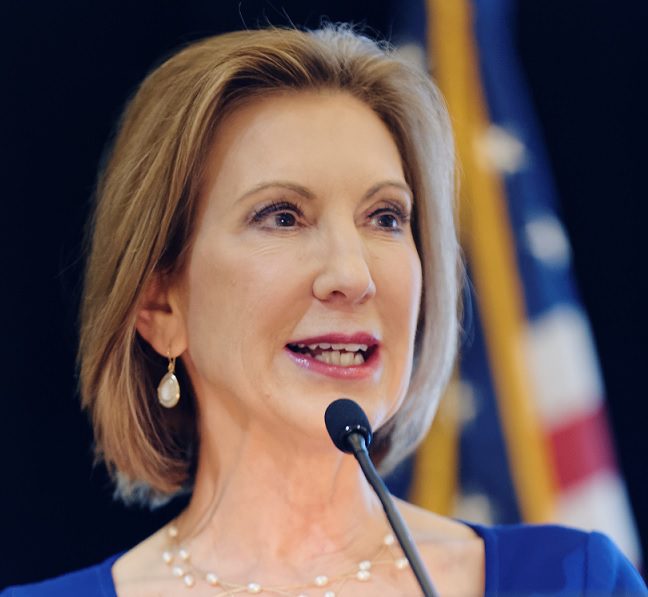Again from Tough Choices, pp. 145 – 146. Still reading the book, but an interesting passage that seems worth sharing. Again, typed so please pardon any typos.
. . . I got a call one evening from Pattie to inform me that I had been chosen as the Most Powerful Woman in Business. I was stunned, excited, and immediately called my mother, who was ecstatic.
In that first interview, and for all six years in which I was named the Most Powerful Woman in Business, I said that although I was flattered and honored, the list was a bad idea. It is one thing to highlight successful businesswomen. That can be a wonderful way to encourage other women to enter the business world, or perhaps to stay there, and it can serve to remind everyone that diversity makes business better. But the list sends a different message altogether. It implies that business is like tennis or golf or soccer — there’s the women’s ladder or team, and the men’s. Women have to compete against one another because they can’t compete with men. Beyond that, there is no Fifty Most Powerful Men in Business list. Many male colleagues have frequently expressed to me their gratitude for this fact, especially when they’ve read the descriptions of women who’ve fallen a few notches. They’re all glad they don’t have to be subjected to the same level of scrutiny and criticism. “This is what you get when you’re successful?”
My reasoning obviously didn’t prevail at Fortune. They’re in business to sell magazines and lists sell. The added benefit of a “surprise winner” — an unknown woman had “beaten” Oprah Winfrey for the top slot — also sold. It was patently ridiculous to say that Carly Fiorina had more power and influence — however you choose to define it — than Oprah Winfrey. No objective analysis would support such a conclusion. But it made a great story.
After that, everyone always asked: “How does it feel to be the most powerful woman in business?” I didn’t feel any different from the day before, but somehow that answer never was satisfying to people. Later I would try to deflect the question by saying, “I don’t know. I’ve never been a man.” Or perhaps a bit more seriously, “I’ve never thought of myself as a woman in business. I’ve thought of myself as a person doing business who happens to be a woman.”
I always wanted to get off the subject as fast as possible. I didn’t want to talk about being a woman in business. I wanted to talk about business. For my entire career I’d been a woman who’d succeeded because I wouldn’t let men pigeonhole me. I challenged them when necessary, spoke in language they could understand, and demonstrated my value through actions rather than words. I’d made my mark by getting things done. Along the way I’d changed a few men’s minds about what women are capable of and provided encouragement and opportunity for other women. This new label “Women in Business” — most powerful or not — was going backward.
Incidentally, the Forbes list continues; here is the most recent version. Number one is CEO of IBM; number two is CEO of GM.
Thoughts?














